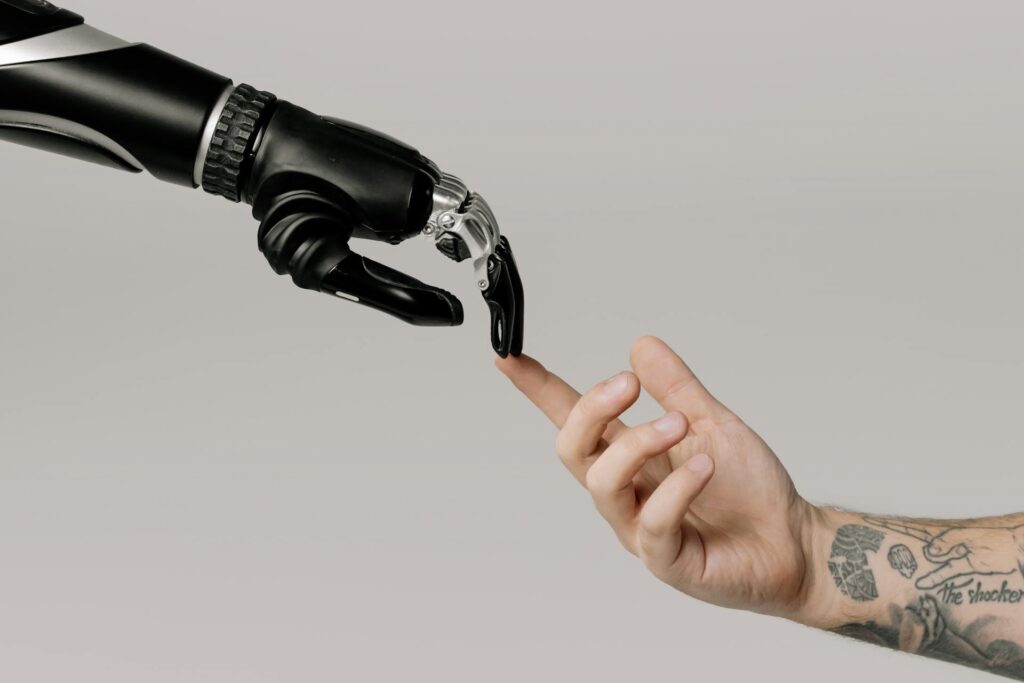A Beginner's Guide to Understanding AI
In an era dominated by rapid technological advancements, the term “Artificial Intelligence” (AI) has become ubiquitous in discussions ranging from futuristic innovation to everyday applications. Yet, for many, AI remains an enigmatic concept shrouded in mystery and misconception. In this beginner’s guide, we embark on a journey to demystify AI, unraveling its intricacies and exploring its real-world implications in simple terms for those seeking clarity on this transformative technology.
What is Artificial Intelligence?
At its core, Artificial Intelligence refers to the development of computer systems capable of performing tasks that typically require human intelligence. These tasks encompass a broad spectrum, ranging from understanding natural language and recognizing patterns in data to making decisions and learning from experience.
How Does Artificial Intelligence Work?
Artificial Intelligence relies on algorithms—sets of rules and instructions—that enable computers to process data, recognize patterns, and make decisions. One of the most prominent approaches to AI is Machine Learning, a subset of AI that empowers computers to learn from data and improve their performance over time without being explicitly programmed.
Applications of Artificial Intelligence
The applications of AI span a myriad of domains, revolutionizing industries and enhancing everyday experiences:
Healthcare: AI-powered diagnostic systems assist doctors in analyzing medical images and identifying potential diseases with greater accuracy.
Finance: AI algorithms drive automated trading platforms, optimize investment portfolios, and detect fraudulent transactions in real-time.
Transportation: Self-driving cars leverage AI technologies such as computer vision and machine learning to navigate roads autonomously and improve road safety.
Customer Service: Chatbots and virtual assistants equipped with Natural Language Processing (NLP) capabilities provide personalized assistance and streamline customer interactions.
Ethical and Societal Considerations
While AI holds immense potential for innovation and progress, it also raises significant ethical and societal concerns. These include issues related to privacy, bias in algorithms, job displacement due to automation, and the potential misuse of AI for malicious purposes. Addressing these concerns requires a multidisciplinary approach involving stakeholders from government, industry, academia, and civil society to ensure that AI technologies are developed and deployed responsibly.
Conclusion
Artificial Intelligence represents a transformative force that is reshaping the way we live, work, and interact with the world around us. By understanding the basics of AI—its principles, applications, and implications—we can navigate this rapidly evolving landscape with clarity and insight. As we continue to unlock the potential of AI to solve complex problems and enrich human lives, let us do so with a steadfast commitment to fostering innovation that is ethical, inclusive, and beneficial to society as a whole.

